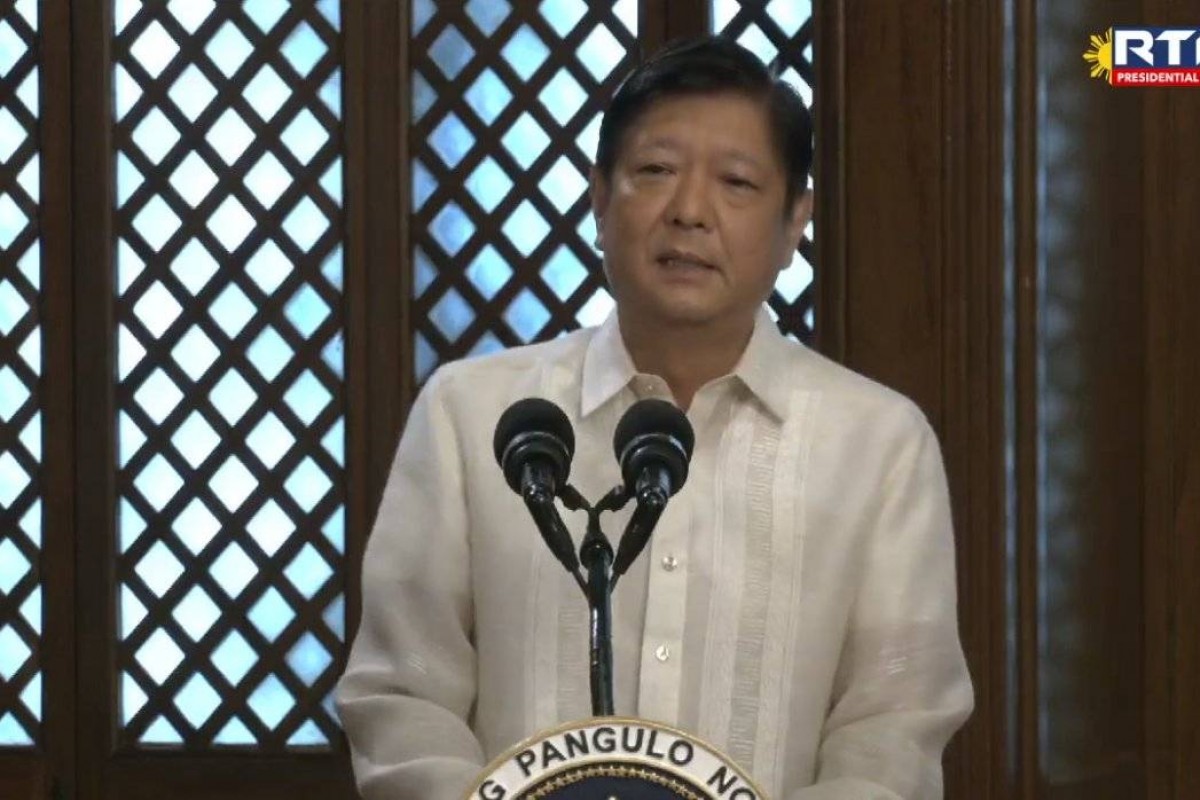PBBM stood witness in signing of 2 Contract Packages today
CALOOCAN CITY, (PIA) --The construction of the Metro Manila Subway Project (MMSP), the Philippines' first underground railway system goes full speed ahead as President Ferdinand R. Marcos Jr. witnessed the signing of two of its Contract Packages in a ceremony at the President's Hall in Malacañan Palace on Thursday.
Citing the MMSP as a milestone for the expansion of transport system in the country, Pres. Marcos said the realization of the project will improve the quality of life in the city significantly.
“I am one with the Filipino people in anticipating the eventual realization of this extremely important flagship project which, once it is completed will significantly reduce travel time in Quezon City and Pasay from 1 hour and 30 minutes to just 35 minutes,” Pres. Marcos said.
He said most often people think of travel time advantage as the most important benefit that the project can bring but there are lots of other considerable benefits the MMSP can bring.
“The amount of volume of traffic that a subway or a railway can take as compared to a highway or a road is significantly higher, because it is regular and there is no traffic, and it is scheduled,” he said.
Stressing the reliability in travel time as advantage of MMSP, Pres. Marcos said uncertainty as to how and when will the public may get home will be greatly reduced.
“We will reduce the terrible stories of people who no longer see their children because they come home at 1:30 in the morning, and the children are asleep,” Pres. Marcos said.
“They have to wake up at 4:00 in the morning to get back on the bus to fight with the traffic coming back to work. That is the subway and all transport systems will be able to help and remedy,” Pres. Marcos added.
The President also expressed his gratitude to the Japanese government for its continued support for the Philippines’ infrastructure development.
“I thank the Government of Japan for partnering with the Philippines in pursuing this important infrastructure development project,” the President said.
“We thank you for your continued support, and I hope to further advance our cooperation in other areas for the mutual benefit of our peoples,” he added.
Transportation Secretary Jaime Bautista and Philippine Branch Office of Nishimatsu Construction Co., Ltd. General Manager Keiji Matsushita signed for Contract Package 102 (CP102) – Quezon Avenue Station while Sumitomo Mitsui Construction Co., Ltd. Managing Executive Officer Hitoshi Yamaji and Bautista for Contract Package 103 (CP103) – Anonas and Camp Aguinaldo Stations of the MMSP.
The MMSP will have a total length of 33 kilometers with 17 stations running from Valenzuela City to the FTI-Bicutan in Parañaque City, with a line connecting to the Ninoy Aquino International Airport (NAIA) Terminal 3 in Pasay City.
Once fully operational, it can accommodate around 519,000 passengers daily and significantly reduce travel time between Quezon City to NAIA from one and a half hours to 35 minutes.
Dubbed as the 'Crown Jewel' of the country's mass transit system, the DOTr reports that the MMSP is set to generate more than 18,000 jobs during its construction, and boost economic activity in nearby areas apart from creating business opportunities once completed.
The Government of Japan through the Japan International Cooperation Agency (JICA) provided the funding assistance for the project. (PIA-NCR)



